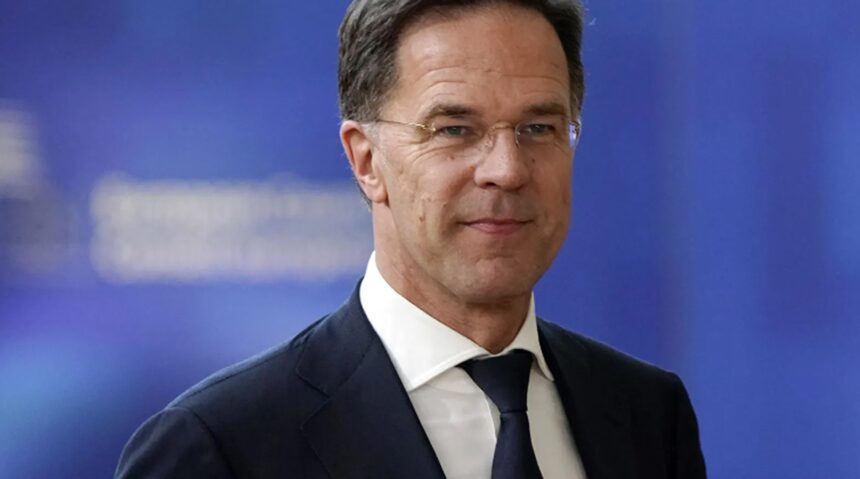The United States is asking the 32 NATO member countries to spend at least 5% of their GDP on defense spending, a substantial increase that many countries find difficult to achieve.
Coincidentally, this informal meeting of NATO foreign ministers, which has been planned for some time, will take place at the same time as the much-anticipated but not confirmed meeting between Russia and Ukraine in Istanbul tomorrow.
By the end of 2024, 22 NATO countries had reached the goal of 2% of GDP, which they committed to in 2014. Many countries – including Italy, Spain, and Belgium – still haven’t met the target, but have pledged to do so this year.
“There is a broad consensus that we need to significantly increase our efforts,” a NATO diplomat emphasized this week. But 5% remains an especially high percentage for many European countries.
As a compromise solution, NATO Secretary-General Mark Rutte proposed a plan that keeps the 5% goal, but includes not only defense spending in this percentage. This idea was positively received on Tuesday by the U.S. ambassador to NATO, Matthew Whitaker.
The increase in defense spending, which the 32 NATO countries will discuss at the summit on June 24 and 25 in The Hague, “will include all necessary means for NATO allies for deterrence and defense, but also issues such as mobility, infrastructure, and cybersecurity,” assured Rutte.
“This is about more than just rockets, tanks, and mortars,” he explained.
More specifically, NATO’s Secretary-General proposed that defense spending reach 3.5% by 2032. However, he also proposed adding a 1.5% GDP target for broader spending, such as infrastructure, which would be easier to achieve, particularly for countries like Italy and Spain that have fallen behind.
Moreover, this 1.5% would include already anticipated expenditures in state budgets, such as border control, construction of ports, and roads, explained a diplomat from Brussels.
To convince Washington of the seriousness of the European allies, Rutte also proposed that they commit to increasing defense spending by at least 0.2% per year.
This annual increase will be “very difficult to impose,” acknowledged a NATO diplomat, but added that Rutte’s compromise is “achievable and will serve all allies.”
“It’s the start of the discussion,” said another NATO diplomat, according to whom “everything remains open” before the summit in The Hague.
No significant progress is expected in Antalya today and tomorrow on this issue, which NATO Defense Ministers will discuss again at the final meeting before the summit in The Hague.







